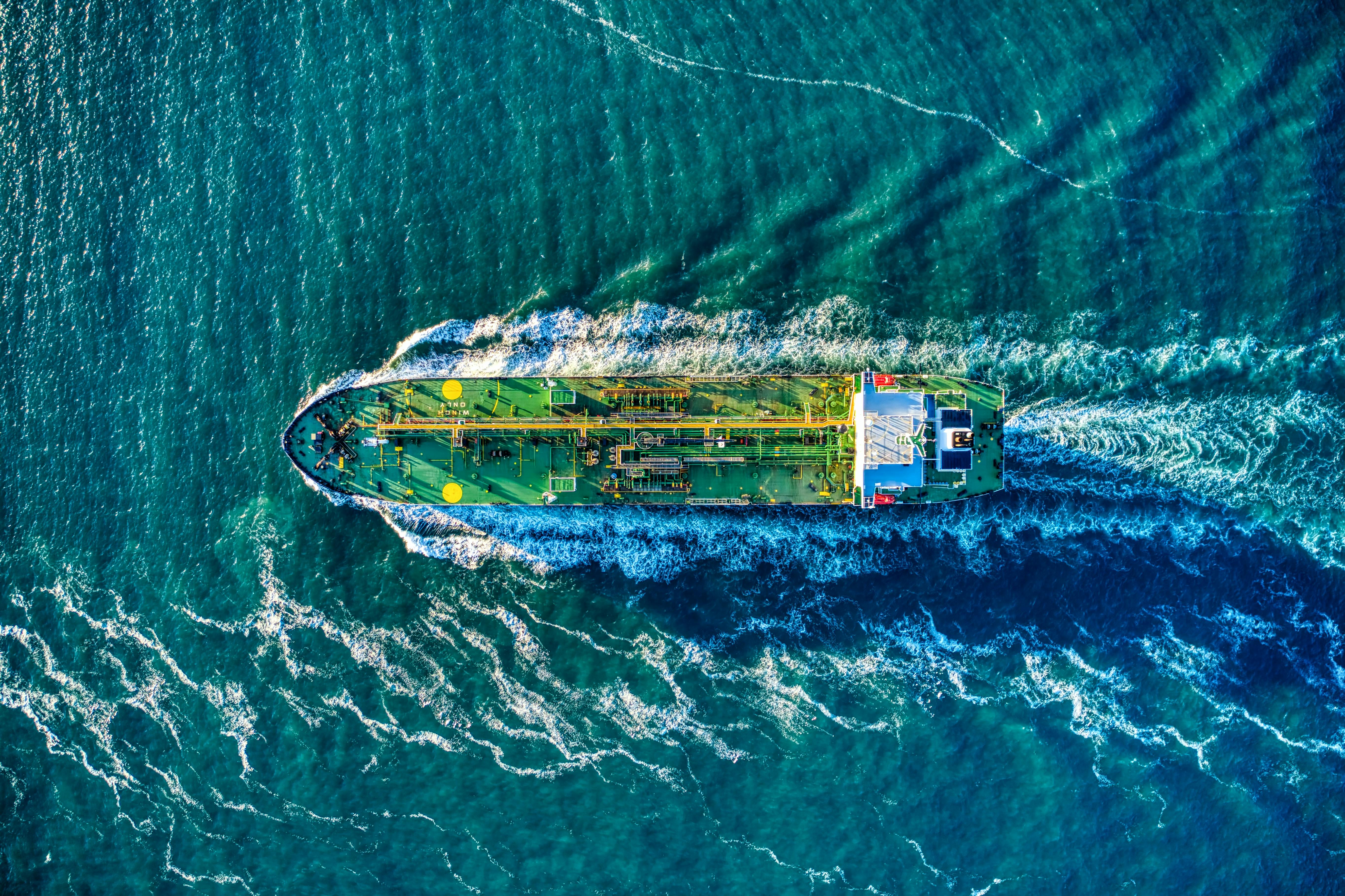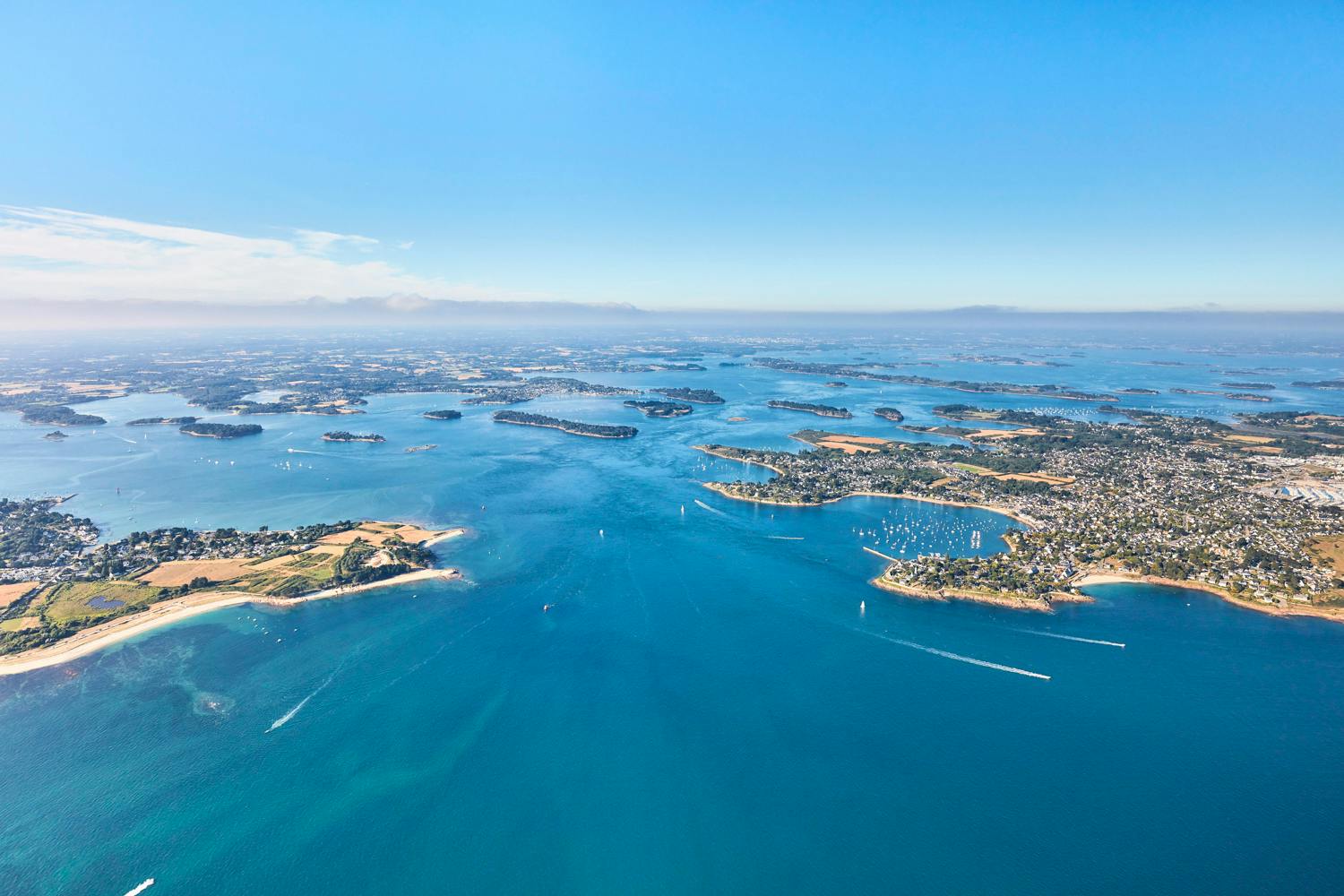Why do we need a more sustainable Blue economy?
To preserve the oceans’ capacity to regulate our climate, we need to invest in science, to reform governance, to fight pollutions, to actively protect the most sensitive areas, and last but not least to transform our Blue economy towards a truly sustainable one. These five branches of action are illustrated by the EU Mission Starfish 2030 aiming at restoring our ocean and waters by 2030, to which Europe Jacques Delors continues to take an active part through its vice-president Pascal Lamy and myself.
EJD has already published several policy papers on reforming EU and international governance and on ongoing or past negotiations such as the High Seas Treaty or the creation of vast marine protected areas in Antarctica. From now on, given the crucial importance of a rapid and successful transition of the numerous sectors that form the Blue economy towards more sustainable practices, EJD has decided to dive into this new area of research. To achieve this aim, we can count on the contribution of our associate researcher, Giorgio Gallizioli, a former member of DG MARE, assisted by Sarah Thomas, a member of EJD Marine team.
By means of our dedicated blogpost aiming to expand on the current EU approach towards a sustainable Blue economy, Giorgio and Sarah will set-up the overall challenges that the European Blue economy sectors must face to become less carbon intensive and respect ocean biodiversity. This liminary narrative will pave the way for a more in-depth follow-up of the evolution of each of these sectors in a new series of publications.







